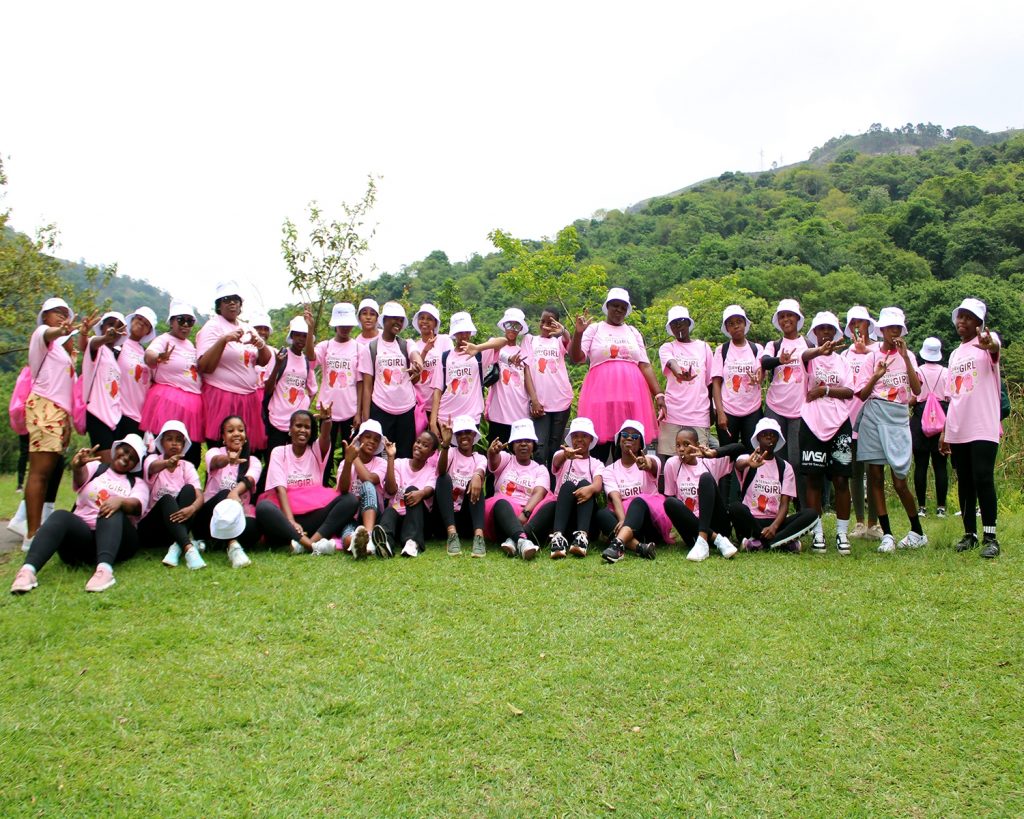The AIDS Healthcare Foundation (AHF)took a hike up Giba Gorge for a session of talk and interaction, allowing young girls an opportunity to reconnect with nature while addressing key mental health issues. The event tried to provide a platform that was enabling, in which the girls could share their personal struggles in a setting conducive to openness and healing. The underlying psychosocial challenges that constitute these difficult experiences, however, extend beyond such moments into a more united and sustained effort from all corners of the community.
Young girls in Umlazi, a township faced by social and economic challenges, thus find themselves in dire circumstances that call for urgent and combined intervention. These girls struggle with personal issues, problems with relationships, and the impact of coming from a disadvantaged setting on society, all of which self-destructively damage their psychosocial integrity. This is exacerbated further by a lack of open and honest communication between parents and children.
The psychosocial adviser, who has been working closely with the vulnerable children in the area, sheds light on emotional turmoil that young girls go through every day. “Young girls have personal issues, relationships, and the fact that they come from disadvantaged backgrounds,” she explained. These challenges are not isolated but part of a bigger crisis affecting the lives of many adolescents in the community.
The most disturbing aspect of the whole situation is the neglect of children. Certainly, all these girls cannot talk about their problems amidst all this environment, especially among boys of their age. Some of the boys who are supposed to be allies have turned into discomfort and the source of harm; in many cases, they are seen making inappropriate touches at them. This has brought a culture of fear and silence, where girls’ voices will be hushed and their emotional and psychological needs go unmet.
Picture: Jabulani Ngcobo
“Transparency between the parent and the child is something foreign with learners in Umlazi,” added Psychosocial Adviser, saying that openness is what the family setting should ensure. Without it, the distance between children and their caregivers grows, and this sets a situation in which many girls find themselves alone and unsafe.
The psychosocial issue affecting these young girls is not something new, but what is alarming is that nobody really has taken cohesive action about the issue from key stakeholders. In Umlazi alone, there are over 21 community-based organizations dealing with children, most of whom have been affected by HIV. Still, their efforts remain unseen, diluted without the support of big institutions.
Picture: Jabulani Ngcobo
“If only the Department of Social Development, Department of Education, the Department of Health, and the parents could preach one word together, practically,” suggested the Psychosocial Adviser. An appeal to collaboration by government departments, caregivers, and communities, this is both deep and urgent. Such institutions must work hand in hand with one another to create environments where girls will feel secure, heard, and empowered to express their struggles.
This change will be effected on a road that requires a little bit more than just the existence of policies on paper but a collaborative practical effort to break chains of silence holding these girls back.

